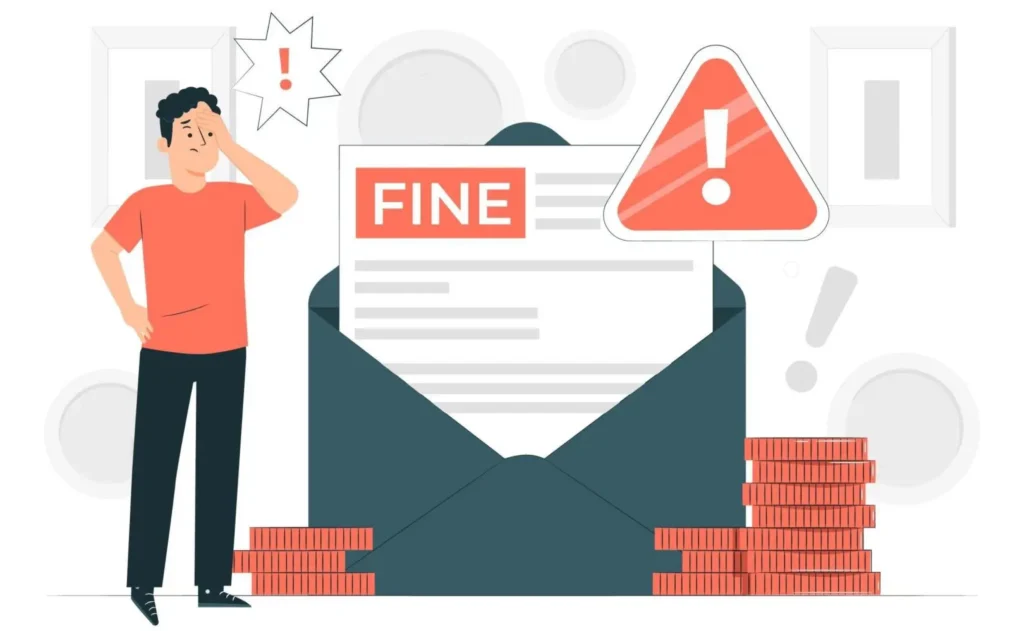Losing a loved one can be a tough time, and dealing with their estate can be daunting, especially if you’re not familiar with the process.
In the UK, when someone dies, their assets, property, and possessions form their ‘estate.’ In this blog post, we will guide you through the estate administration process and inheritance tax in the UK.
In the UK, inheritance tax (IHT) may be due on an estate when someone dies. IHT is calculated on the transfer of assets at death, but also on any transfers made during the seven years before death.
In this article, we will discuss the three types of transfers for IHT purposes:
- Chargeable transfers,
- Potentially exempt transfers (PETs), and
- Exempt transfers.
Chargeable transfers are gifts to most trusts that result in an immediate lifetime IHT charge.
Exempt transfers are certain transfers of value that are completely exempt from IHT.
A PET is treated as exempt while the donor is alive but will become chargeable to IHT if the donor dies within seven years of making the gift.
Inheritance Tax Administration- Which IHT form do you need to fill?
When it comes to administering Inheritance Tax (IHT), understanding the appropriate form to fill is crucial.
The specific form required depends on various factors, such as the nature of the transfer and the estate’s value. HMRC provides different forms for different scenarios, including IHT 400, IHT 205, and IHT 207.
1. Chargeable Transfers
If an individual makes a chargeable lifetime transfer, they must disclose the details on an IHT return (IHT 100) to HMRC. The return should be submitted by the donor.
Please refer to the official HMRC site for guidance to complete IHT 100 return.
2. Potentially Exempt Transfers (PETs)
If the individual dies within seven years of making a potentially exempt transfer, IHT return should be submitted.
Executors are responsible for completing and submitting an IHT return for the death estate. IHT 400 includes details of all assets in the estate for IHT purposes, together with any liabilities owed by the deceased at the date of death.
The Executors also have a statutory duty to disclose details of both chargeable lifetime transfers and PETs made by the deceased in the seven years before death.
You can check the HMRC guidance to complete IHT 400 return.
Due Dates for IHT Returns

In simple terms, when someone passes away or gives a gift to a trust, they may be subject to Inheritance Tax (IHT). The deadline for submitting the IHT return is 12 months from the end of the month in which the chargeable transfer took place. Executors, who are responsible for managing the deceased’s estate, must apply for probate, which is a legal process that gives them control of the deceased’s assets.
To apply for probate, the Executors need to show that the IHT return has been submitted to HMRC. In practice, the IHT return is usually submitted before the deadline to ensure probate is granted.
If the IHT return is incorrect or incomplete, the Executors may submit corrected accounts within six months of discovering the errors. Unlike income tax or corporation tax, there is no formal self-assessment system for IHT.
However, Executors calculate the IHT payable on form IHT 400 and usually pay the tax at the same time as submitting the return.
HMRC will confirm receipt of the IHT return and payment, and this confirmation is used by Executors when applying for probate. So, there is usually no need for HMRC to issue a formal assessment to collect IHT.
Overall, Executors must ensure they meet the deadline for submitting the IHT return to avoid delays in obtaining probate. If there are errors in the return, the Executors have a limited time to submit corrected accounts. But, as long as the IHT return is submitted correctly and on time, the process should run smoothly.
Failure to File Returns

If someone fails to file an Inheritance Tax (IHT) return, HMRC may issue a Notice of Determination. This is a legal document that charges IHT on a transfer of value that has been determined by HMRC. HMRC can make a determination based on estimated figures or the best of their judgement.
The Notice of Determination serves as a way for HMRC to start legal proceedings to recover any IHT due. It is also intended to act as a ‘lever’ to obtain information from the transferor or Executors. The recipient can appeal against a Determination by giving written notice within 30 days. Usually, appeals will be resolved through an agreement with HMRC.
It is important to note that if you receive a Notice of Determination, it is essential to act quickly and seek professional advice. Failing to do so may result in legal proceedings to recover the IHT due.
In some cases, the Determination may be based on incorrect or incomplete information, and an appeal could be successful.
In summary, failing to file an IHT return can lead to a Notice of Determination from HMRC, which charges IHT on a determined transfer of value. The Notice of Determination is intended to act as a ‘lever’ to obtain information and may result in legal proceedings to recover IHT due. However, recipients can appeal the Determination within 30 days, and appeals are usually resolved through an agreement with HMRC.
Penalties for Late Returns

Filing your Inheritance Tax (IHT) return on time is essential to avoid penalties from HMRC. If a taxpayer fails to deliver their return, they will be liable for an initial penalty of £100. This penalty can increase by an additional penalty of up to £60 for every day after the failure is declared by the court or tribunal.
HMRC may request a hearing at which they will ask the court or tribunal to declare the failure before they can levy a daily penalty. If the return is over six months late, a further penalty of £100 can be charged, but only if the daily penalty has not been applied.
The total fixed penalties cannot exceed the IHT payable, and if the return is over a year late, an additional penalty of up to £3,000 can be charged. This can exceed any IHT due per the return.
However, a penalty will not be charged if the taxpayer has a reasonable excuse, and the failure is remedied without undue delay after the excuse has ceased. It’s crucial to note that providing false information to HMRC can also lead to a penalty of up to £3,000, even if the person is not liable for tax.
In summary, filing your IHT return on time is crucial to avoid penalties. If you fail to deliver your return, you may be liable for an initial penalty of £100, which can increase by an additional penalty of up to £60 per day. The total fixed penalties cannot exceed the IHT payable, and there is an additional penalty of up to £3,000 if the return is over a year late.
However, a penalty will not be charged if you have a reasonable excuse, and the failure is remedied without undue delay.
Penalties for Incorrect Returns
Submitting tax returns can be a daunting task, and errors can sometimes occur.
If an error is made on a return, HM Revenue & Customs (HMRC) may impose penalties for understatements of tax or over-repayments.
However, if reasonable care was taken when submitting the return, HMRC will not charge a penalty. The standard for reasonable care may vary depending on each person’s circumstances and abilities.
There are three categories of offenses that can result in errors: careless action, deliberate but not concealed action, and deliberate and concealed action. If a return contains more than one mistake, a penalty will be charged for each error.
The penalties are calculated based on a percentage of the potential lost revenue, which is the amount of tax that was not paid as a result of the error. The percentage varies depending on the severity of the error and whether it was a careless or deliberate act.
It’s important to take the necessary precautions and seek advice when submitting tax returns to avoid any penalties. Failing to take care when submitting a return can lead to hefty fines, so it’s essential to ensure that returns are as accurate as possible.
Conclusion
In conclusion, dealing with the estate of a loved one can be a daunting task, especially if you’re unfamiliar with the process. Inheritance tax can also add to the complexity of estate administration in the UK.
However, by understanding the different types of transfers for IHT purposes and the deadlines for submitting IHT returns, you can ensure that the process runs smoothly.
Executors should ensure they meet the deadline for submitting the IHT return to avoid delays in obtaining probate. If there are errors in the return, the Executors have a limited time to submit corrected accounts.
As long as the IHT return is submitted correctly and on time, the process should run smoothly. If you receive a Notice of Determination from HMRC, it is essential to seek professional advice and act quickly to avoid legal proceedings. Failing to file an IHT return on time can also lead to penalties from HMRC, so it’s important to stay on top of deadlines.
We are dedicated to solve your queries.
Contact us for assistance at any stage of your journey.









